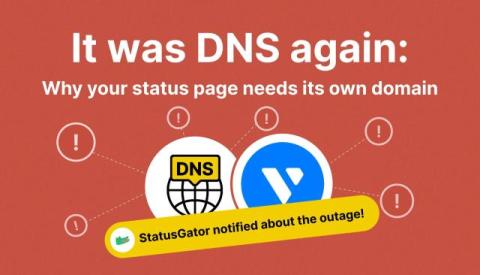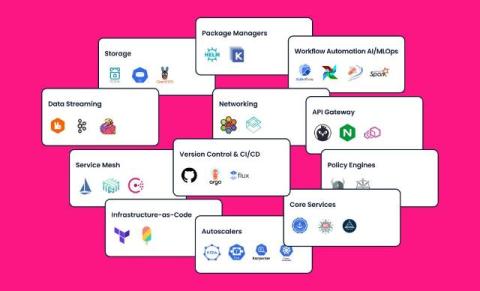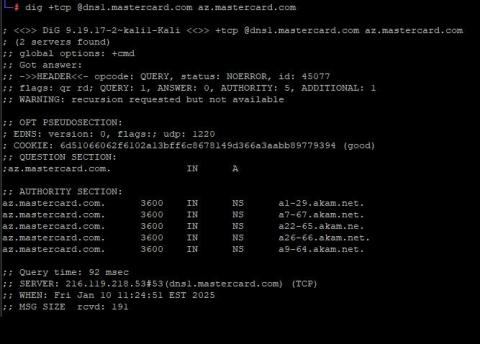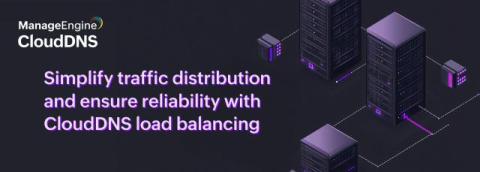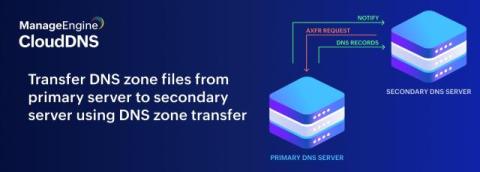It was DNS Again: Why Your Status Page Needs Its Own Domain
On February 20, 2025, at 16:22 UTC, StatusGator detected an outage affecting Vultr. The issue appeared to stem from a DNS failure, causing vultr.com and any other services hosted on its domain to become inaccessible. But what does that include? The official Vultr status page. Because Vultr hosts its status page on status.vultr.com, the same domain hosting its primary website and dashboard, users were left without an official source of updates during the outage.


